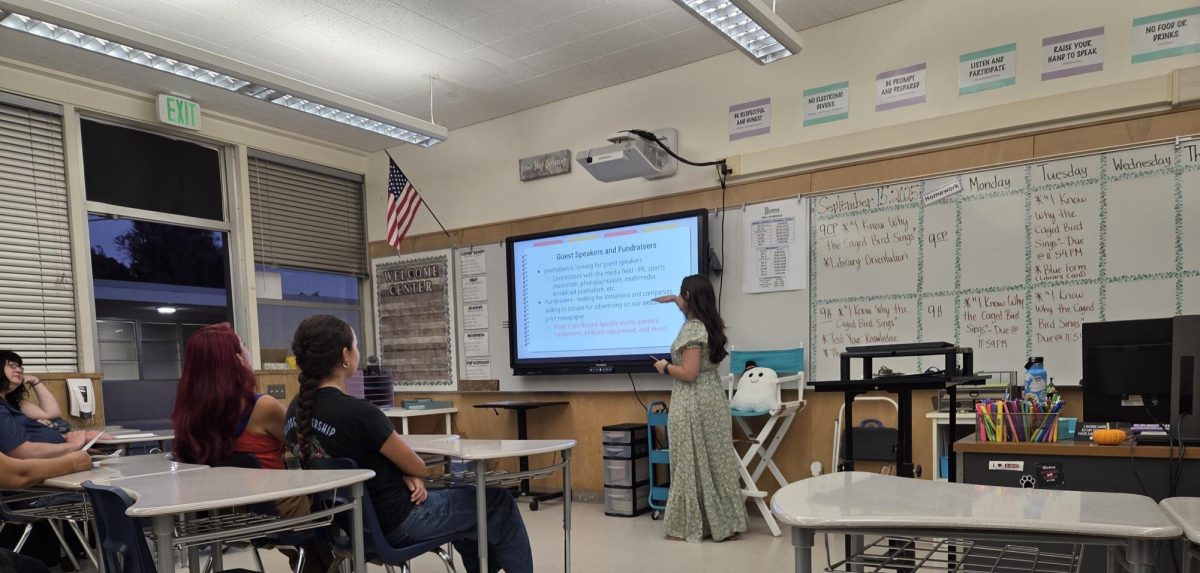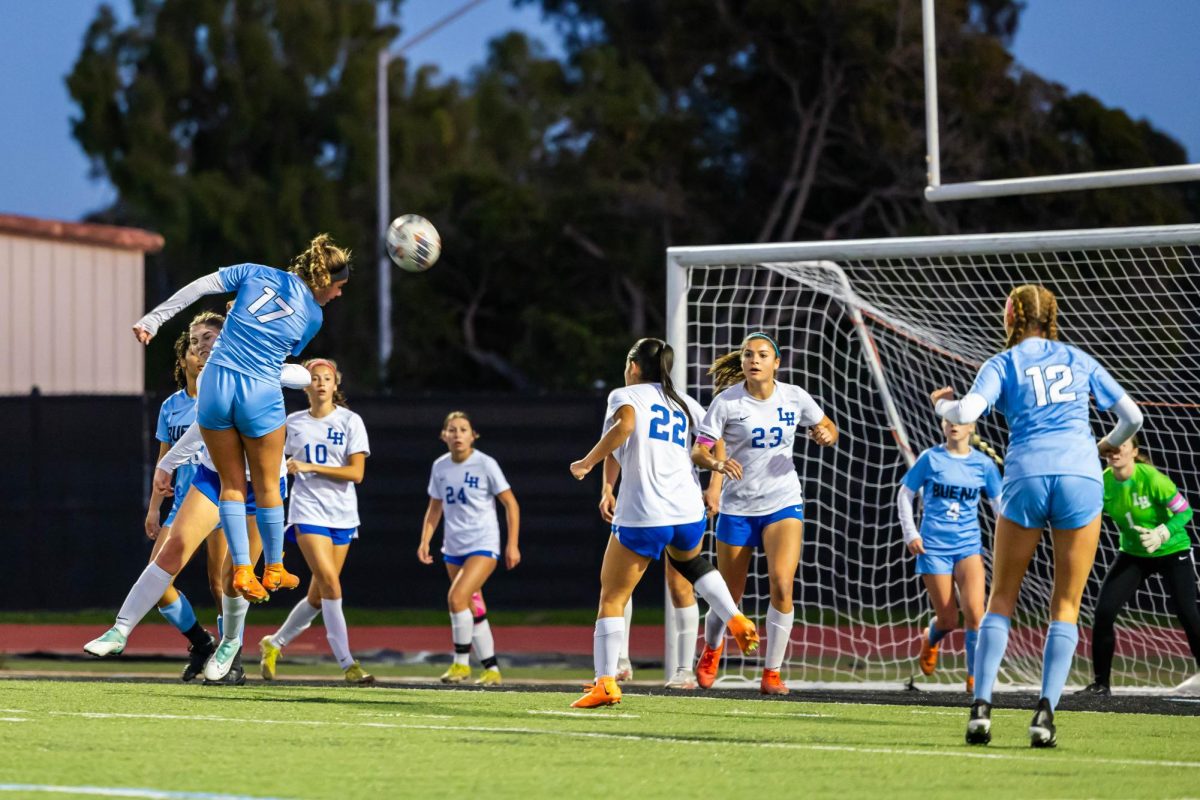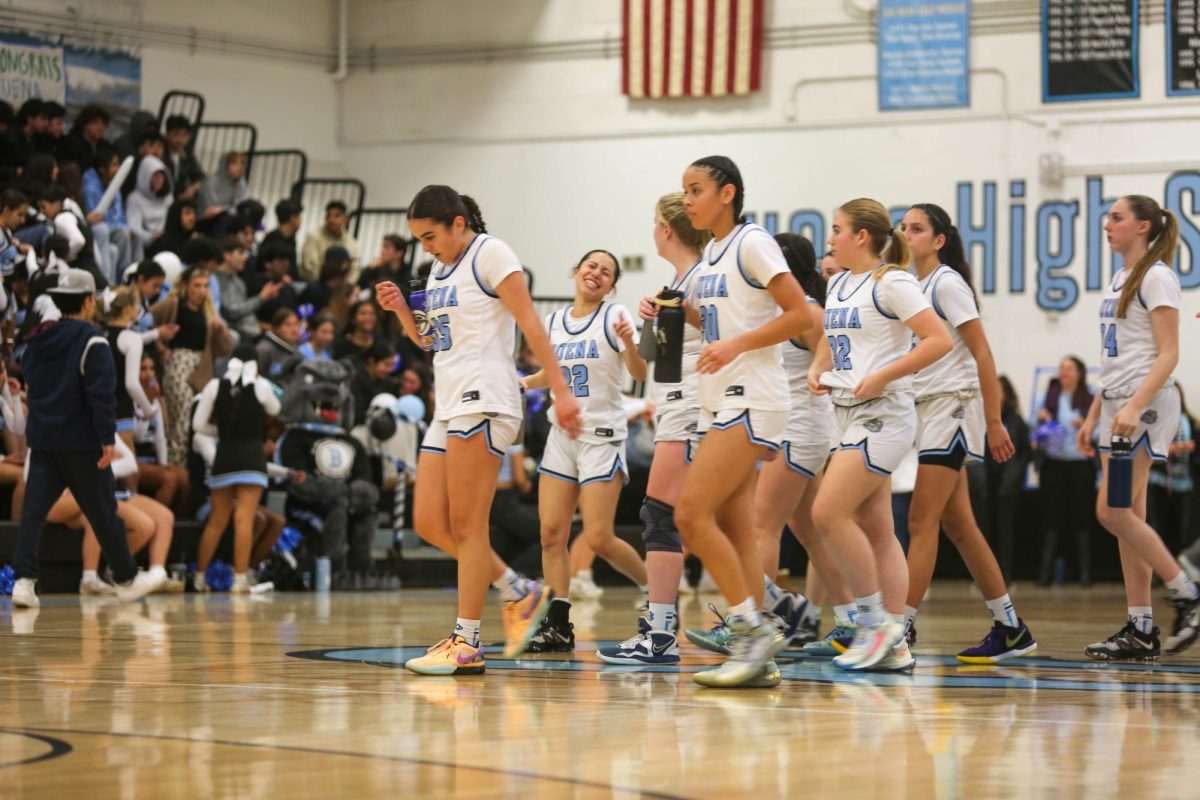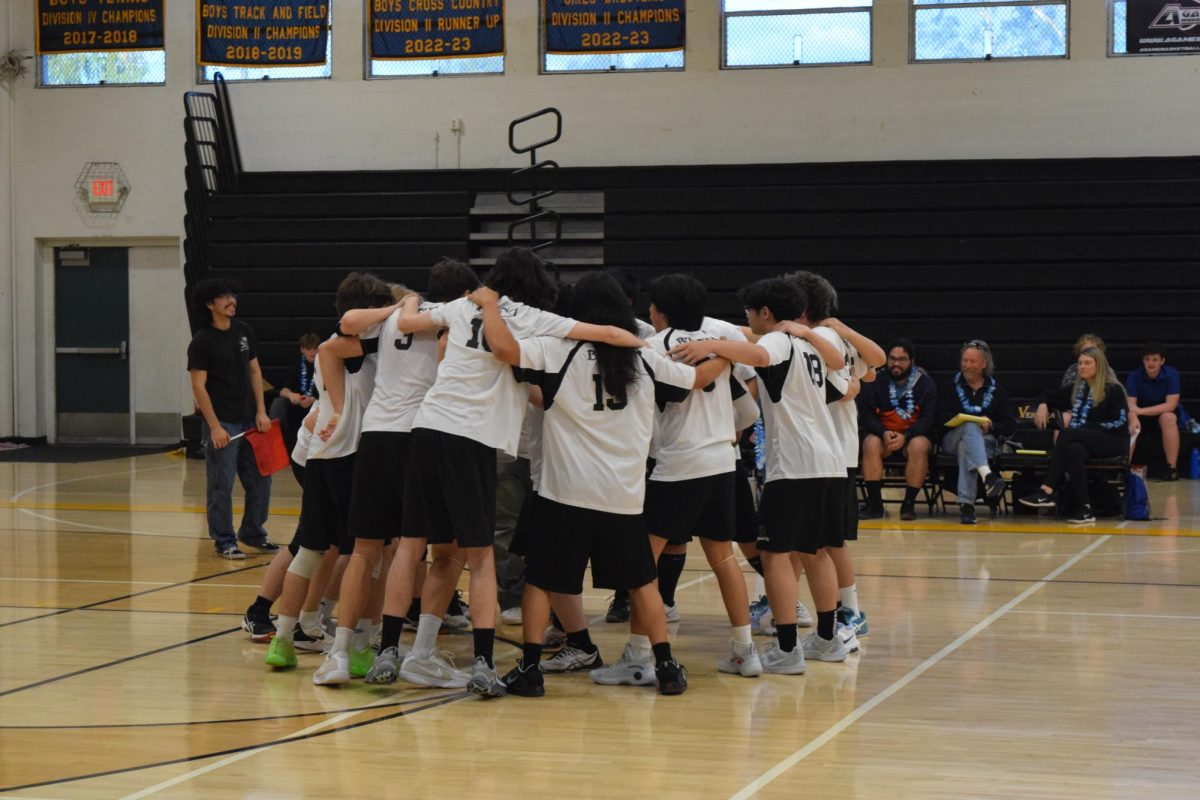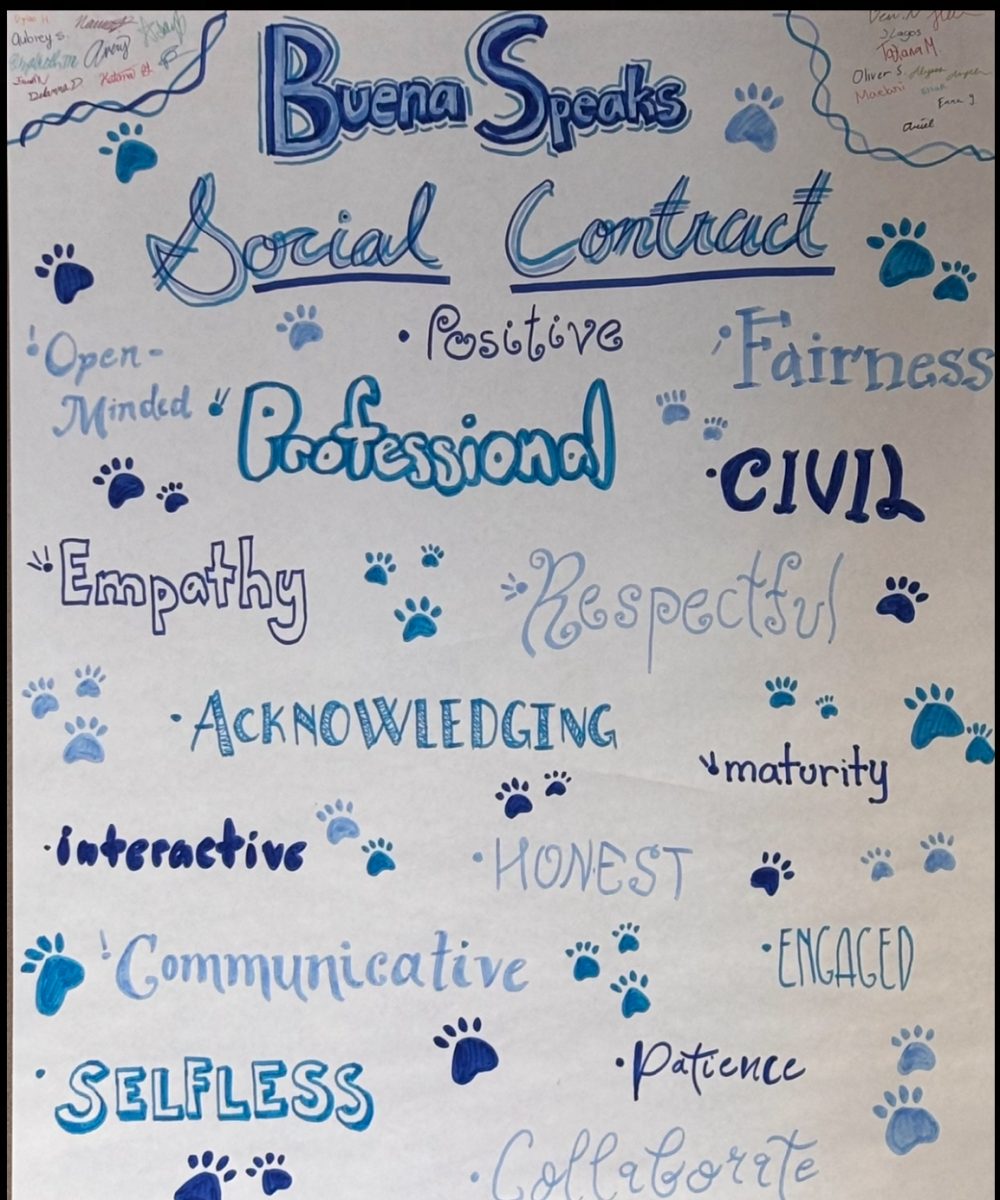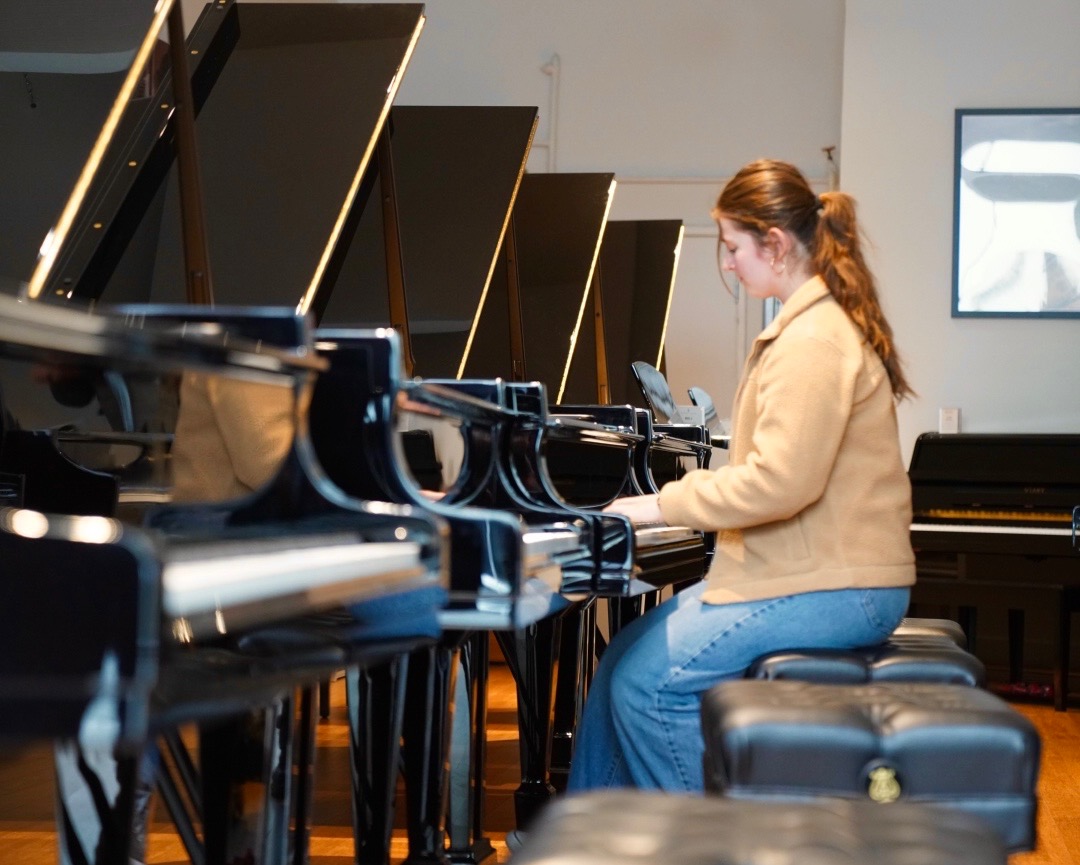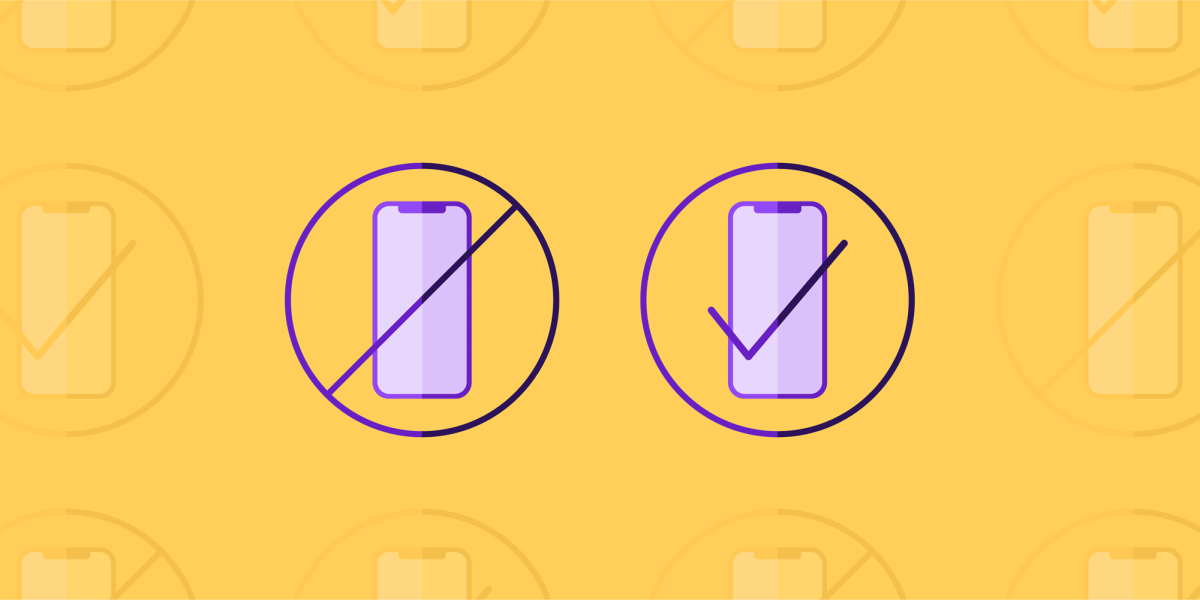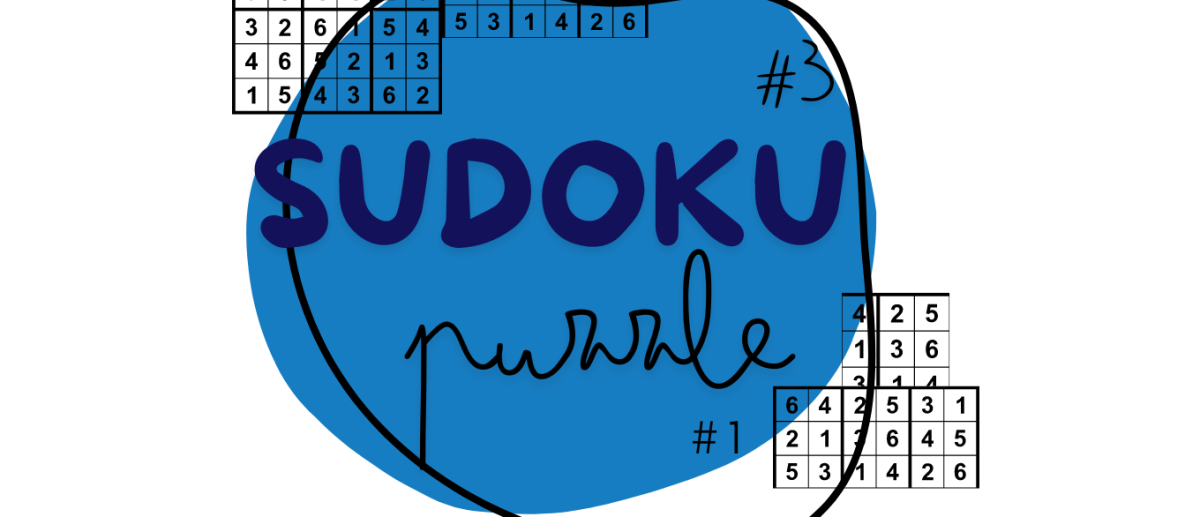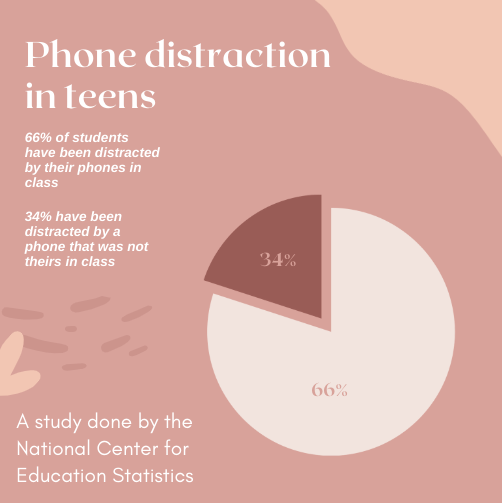If you have ever had hours of free time to do your homework but decided to instead spend that time being on your phone, you are not alone. Screens are a major factor that combat productivity in the day-to-day of modern teenagers. I am also guilty of choosing to spend hours scrolling on social media rather than getting my work done. Phones, and screens in general, are vehemently impacting the way students focus and remain productive, which puts them at a disadvantage in classrooms.
Phones are remarkable in the way that they keep us hooked and a lot of it has to do with social media. Beyond that, TV shows, video games and online videos extend the list of addicting aspects. They were created with the purpose of entertaining and keeping viewers, oftentimes, dependent on them. It reaches a point where all of these facets get in the way of how we focus or “lock in,” on schoolwork and academic responsibilities outside of school.
A study done by the National Center for Education Statistics revealed that two-thirds of United States students get distracted by phones during lessons and while doing schoolwork. If most students in the country are continually distracted by their devices, it will lead to a generation with weaker cognitive abilities.
Furthermore, screen times have been shooting through the roof. According to a study completed by the American Academy of Child and Adolescent Psychiatry, teens on average spend up to nine hours on their phones every day. With typical high school days spanning from six to seven hours long, it can be concluded that students are spending two to three hours on their phones outside of school: valuable hours that could have been put towards homework.
Junior Madelyn Azevedo has seen this issue with her peers and within her own life, as TV or her phone can get in the way of homework.
“After being at school all day, the last thing I want to do is more school, so I relax by being on my phone or watching TV,” Azevedo said, “But sometimes I just won’t do any homework, and being on my phone becomes a bad habit.”
Some could argue that phones are a way to take a mental break and rest after school, and I see this perspective but the “mental break” becomes an issue once one hour of screen time turns into two hours, then four hours, night after night. Instead of getting stuck in this damaging cycle, there are other ways students can limit their screen time and boost their productivity.
Turn off your phone and physically distant yourself from it
Sometimes it is necessary to put your phone in another room to keep yourself distraction-free. It is more helpful than it may seem to put your phone out of reach when you are trying to get work done.
Temporarily delete addicting apps
If you know that apps like Instagram or TikTok are going to keep you on your phone, temporarily delete them so you do not have access to them. This same tool could apply to video games and TV shows; temporarily disable your access to them. The screens won’t seem as appealing if they don’t have the applications that keep you hooked.
Make a study schedule that includes limited phone time
Create a study schedule that includes 30 minutes of screen time when you get home, an hour of homework at a time, and 10 minutes of screen time in between each hour. This strategy can be more of a challenge, but if you set a timer and keep track of how long you are on your phone, it is a useful way to get things done while taking breaks.
Phones will remain one of the most addicting things our generation will face. They will continue to get in the way of our productivity, but there are so many solutions and resources that we have access to. Taking these steps will build good study habits that will benefit us in our academic careers, along with their cognitive skills and productivity.




